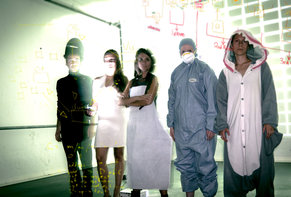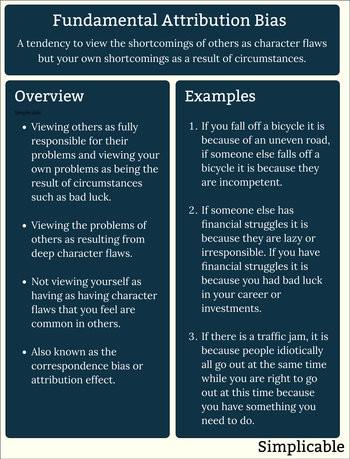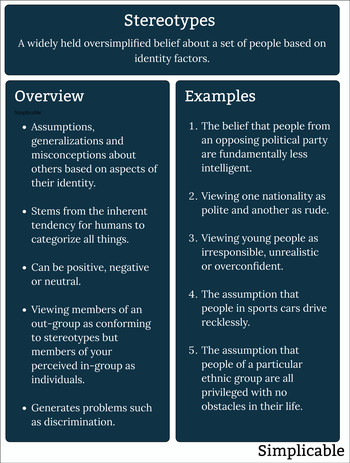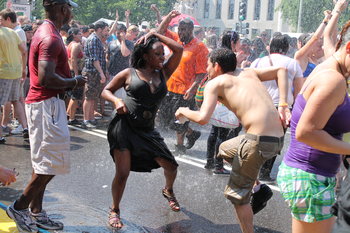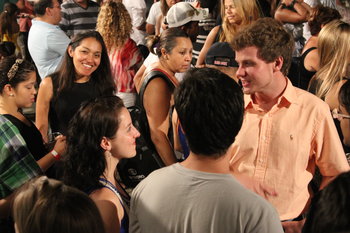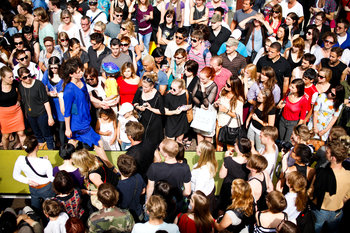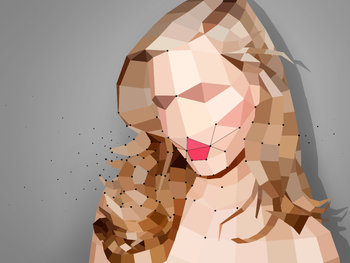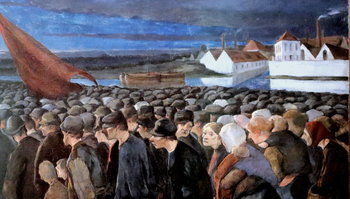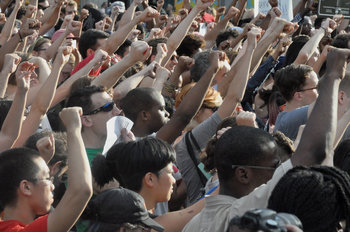
Fundamental Attribution Bias
A tendency to ascribe the actions of others to personal flaws but the actions of yourself to circumstances. For example, if you are late for a meeting, it is because of traffic. If someone else is late for a meeting, it is because they are irresponsible.Group Attribution Bias
A tendency to ascribe the actions of others to their identity. This manifests as explaining the actions of ingroup members according to circumstances or personal characteristics and outgroup members according to identity. For example, someone gets angry. If you view the person as belonging to your ingroup, you may be sympathetic and consider their reasoning. If you view the person as an outgroup member, you may blame their identity and fail to sympathize.Clustering Illusion
A tendency to see patterns where none exist or to view statistically insignificant patterns as significant. This may amplify group attribution bias. For example, if you are cut off twice in a row by two different drivers who are male, you may begin to believe that men are bad drivers. This obviously doesn't constitute a statistically significant pattern.Stereotype
A stereotype is a type of thinking heuristic whereby people group things into categories and assign properties to these groups. As a social bias, this involves hasty generalization whereby you group people according to identity and lazily assume each group has many shared characteristics. This is quite unfair as people are individuals who may have few shared characteristics with others based on identity factors such as ethnicity, nationality, gender, physical appearance, socioeconomic class or age.Prejudice
Prejudice is when a stereotype creates an unjustified emotion, opinion or behavior towards someone based on their identity. For example, getting nervous when someone you view as an outgroup sits beside you on a train.Discrimination
Discrimination is prejudice that manifests as decisions and behavior. In some cases, people may recognize prejudice as irrational and be able to prevent this from translating to discrimination. If you get nervous when someone sits beside you on a train you may recognize this as an irrational emotion and work to fix yourself. Alternatively, you may act on this impulse and change seats -- at this point you have discriminated against the person.Ingroup Bias
Ingroup bias is a broad unspecific term for treating people differently based on whether you identify them as being in an ingroup or outgroup. This can be based on countless factors. For example, you could view someone as an ingroup based on their political views even if you have differing identity factors.Illusory Superiority
A situation where an individual incorrectly ascribes themselves or their ingroup with superior characteristics over others. For example, the feeling that you are good at math based on your identity that ignores poor grades in your math classes. Likewise, it would be illusory superiority to ascribe good math grades to your identity if they were actually the result of long hours of studying.Ascribed Status
Ascribed status is social status that is assigned to you based on factors you can't change. For example, being viewed as wise based on your advancing age. This is essentially biased and irrational. It is common for people who suffer from illusory superiority to rely on ascribed status such as the achievements of their nation that they may have played no role in.Worse than Average Effect
The opposite of illusory superiority whereby an individual incorrectly feels they are below average in some area. This often applies to things that people fear, such as public speaking.Motivated Reasoning
Motivated reasoning is looking for evidence to support what you emotionally want to believe. For example, cherry picking evidence to build a case for illusory superiority.Sour Grapes
Sour grapes is a type of motivated reasoning whereby an individual calms feelings of jealousy by assigning negative qualities to things. For example, if your neighbor is rich, sour grapes may calm your envy by ascribing negative traits to wealth, capitalism, consumerism or the upper class. This can drive prejudice and discrimination against groups that are perceived as successful in some way.Unconscious Bias
Unconscious bias is any cognitive bias that originates with unconscious thought such as intuition. This is often incorrectly defined as being specific to social biases or prejudice. Awareness of unconscious bias may allow an individual to correct unfair or invalid judgements or feelings at the conscious level. For example, someone who is fearful of the unknown may be able to correct this intuitive feeling with logic.Mere Exposure Effect
The mere exposure effect is the tendency to prefer the familiar, even if you only have one or two experiences with something. For example, someone who is very nice to French people because they have been to France once and enjoyed the experience. This would suggest that social biases could be dramatically reduced with positive social interactions with people from diverse identities.Illusion of Asymmetric Insight
The incorrect belief that you can understand the thoughts, character and emotions of others but that they can't understand you. This may both overestimate your understanding of others and underestimate their ability to read you.Trait Ascription Bias
The incorrect belief that you are more flexible, dynamic and open-minded than others. This is associated with the incorrect view that others have relatively constant viewpoints and opinions that are less variable than your own.Projection Bias
The tendency to project your own emotions onto others. For example, if you feel optimistic you incorrectly feel that others feel the same.Groupthink
Biases can involve complex social dynamics. This is often described as groupthink. Groupthink is an environment where participants in a group can't express their true ideas because they are constrained by social pressures such as politics, norms and ideology. This is quite serious as it can lead large groups to act on flawed strategy and decisions.Abilene Paradox
The abilene paradox is the tendency of groups to make decisions that every member of the group views as irrational. This is due to groupthink or other social dynamics dominating group decisions.Summary
The following are common types of social bias.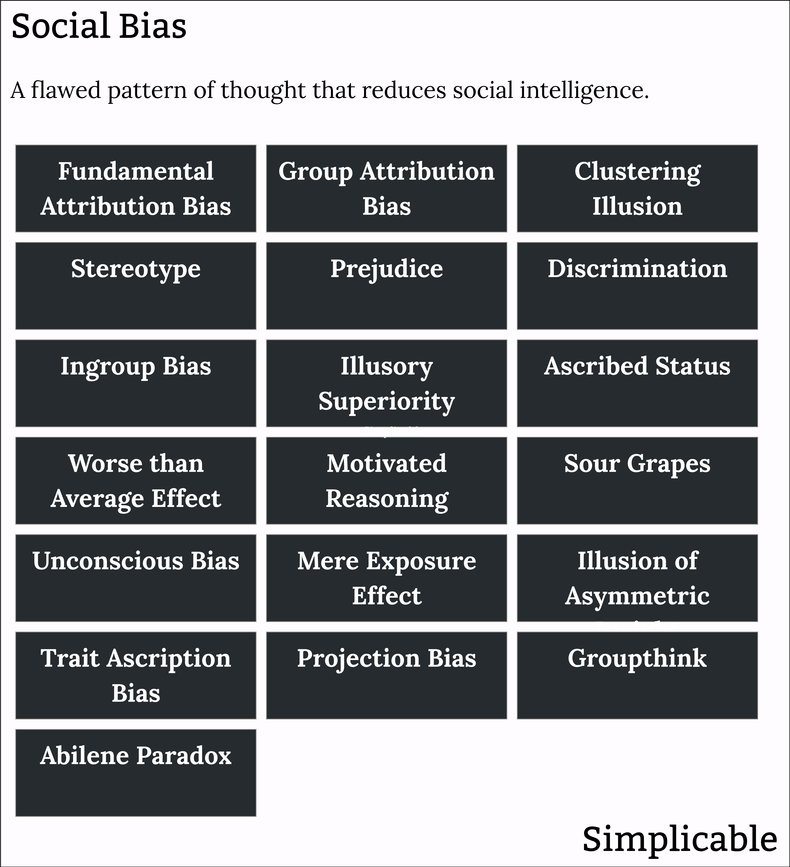
Overview
Social biases are patterns of thinking about other people that are flawed. This can result in serious social problems such as discrimination and prejudice.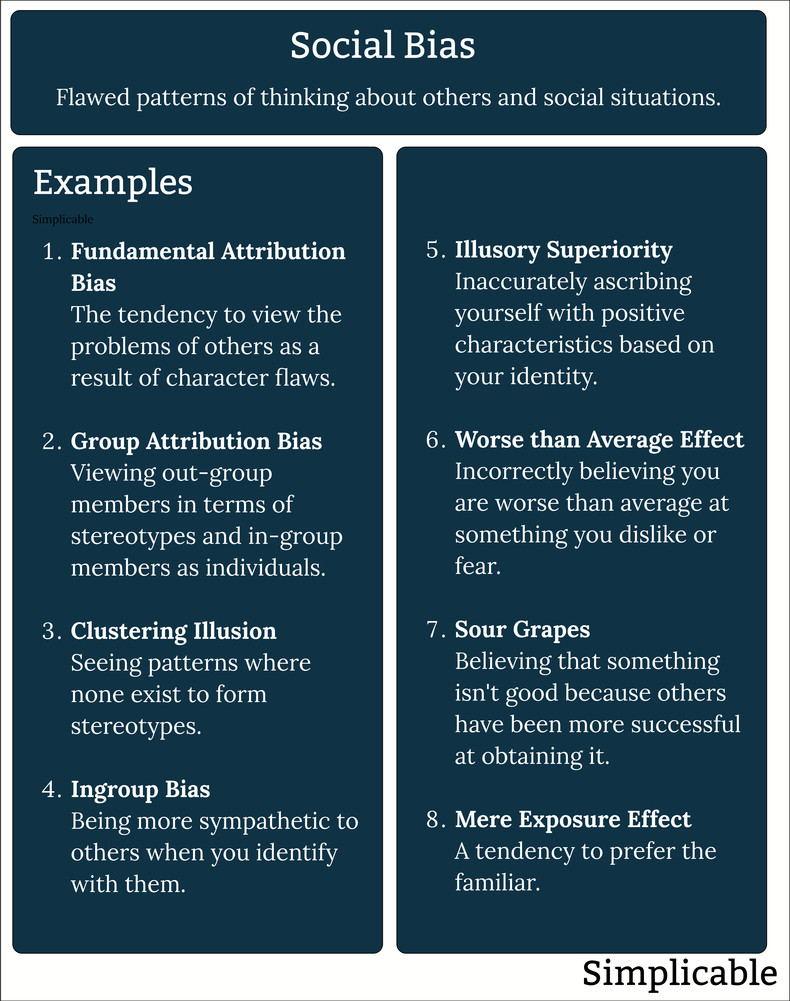
Notes
In common usage, social bias is used as a synonym of prejudice or discrimination.| Definition: Social Bias | ||
Type | ||
Definition | A flawed pattern of thought that reduces social intelligence. | |
Definition | Any bias that results in unfair or incorrect social assumptions and judgements. | |
Related Concepts | ||







